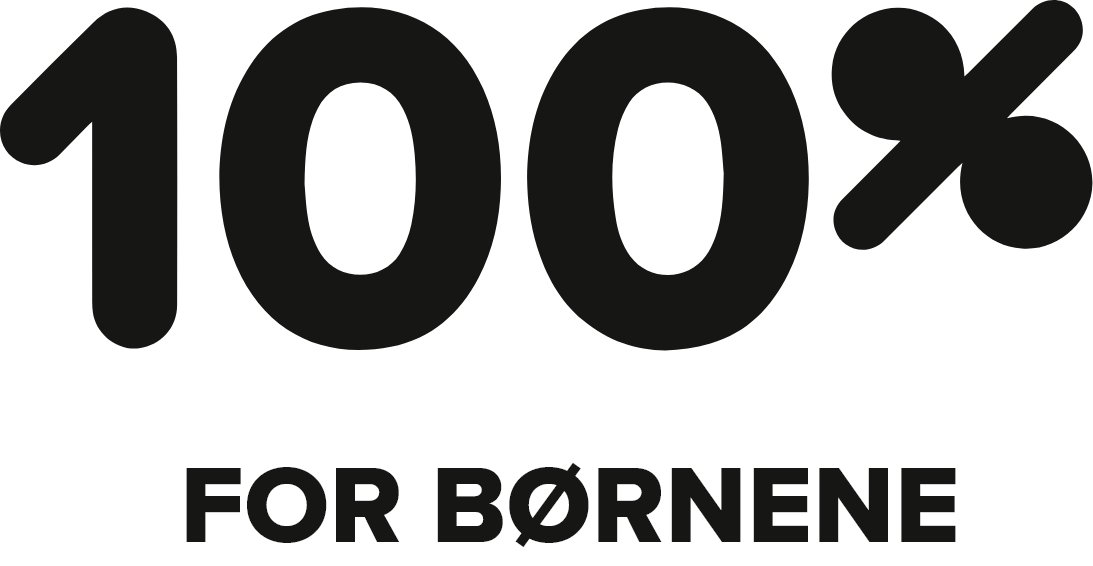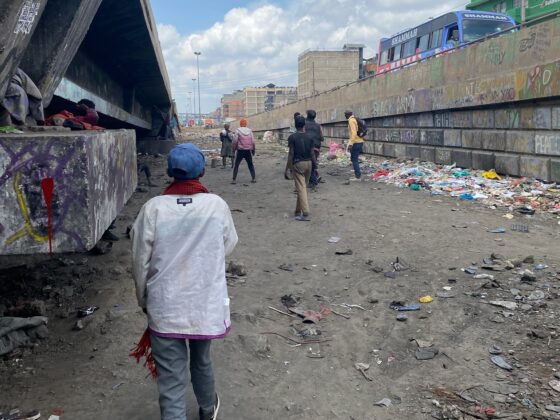Why I chose to come to 100% as an intern
By Nikolaj Skrumsager

Being born in London, and having lived there all my life, I have been lucky enough to have been exempt from all the serious humanitarian issues that still exist in Africa today. Despite being in this privileged position, I realise that it is not something one should take for granted and am aware of all the hard work that must be done to improve the quality of life for people who live in developing countries across the globe. I was made aware of 100% for the children in the winter of last year and as I began to look into the charity’s projects, I not only developed an interest in their work, which combats humanitarian issues in Africa, but also an interest in how a small NGO was run. When Camilla presented me with the opportunity to come work with the charity the following summer, I realised it would be a unique experience for me to learn how 100% for the children operated and the challenges that come with being a smaller charity.
When Camilla presented me with the opportunity to come work with the charity the following summer, I realised it would be a unique experience for me to learn how 100% for the children operated and the challenges that come with being a smaller charity.
What I have done
100% for the Children works at Ubuntu Huset in the centre of Copenhagen along with many other NGOs. My first day was spent meeting all the other charities who work there, and I was left instantly inspired by the sheer number of people trying to improve the world in some way or another. I was also impressed with the close relationship between all the charities and the constant positive atmosphere in the workplace. During my time at 100%, I attended online meetings with their partners in Africa. One meeting was spent with the charity’s partners in Kenya where they were gathering ideas on how to effectively start a new project which aimed at getting more disabled people into the Kenyan workforce. Another meeting was with Positive Life where they were discussing an application to Novo Nordisk for a new project, set up to help vulnerable children in Kenya with their education which was halted because of the corona virus pandemic.
My first day was spent meeting all the other charities who work there, and I was left instantly inspired by the sheer number of people trying to improve the world in some way or another.
I attended an open day with 100% for the Children’s donors GreenSpeak, where I met a range of other different charities. The highlight of my time, however, was when I attended a meeting at Christiansborg with Karen Ellemann, a member of the Danish party Venstre, where they discussed the issues, concerning smaller charities, with the current allocation of money from the government. This was a great learning experience for me as I also learnt a great deal about the political side of running a charity.
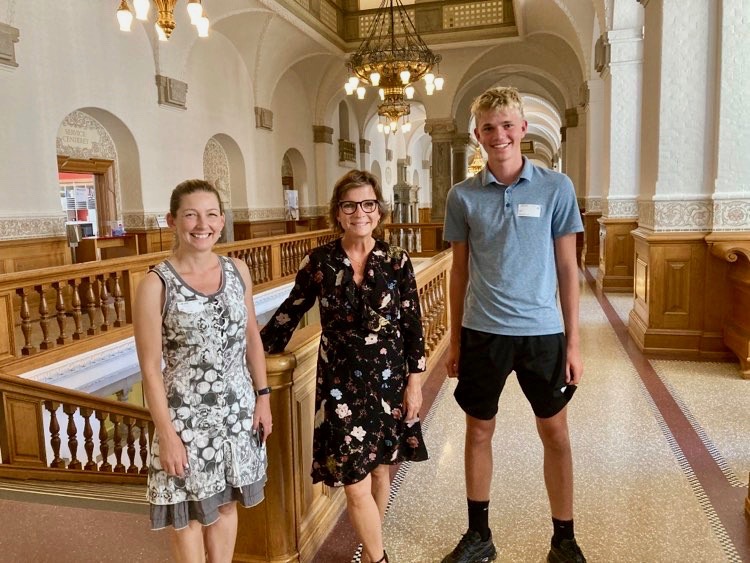
What I have learnt
During my time at 100%, I developed an interest in activism. I was fortunate enough to attend a meeting with Camilla at LGBT+ Denmark where I met their political statesman, Nikolaj Laue. During this meeting, I learned a lot about some of the challenges of being at the forefront of a movement – including the amount of online abuse one is subject to. Furthermore, I was also introduced to an activist’s way of thinking: identifying a problem and then looking for possible solutions. In terms of the gay rights movement, Nikolaj told me that their solution to homophobia was through education. I began to realise that education is the main solution many charities looked towards when it comes to solving complicated social issues such as homophobia and racism as there is no short-term cure.
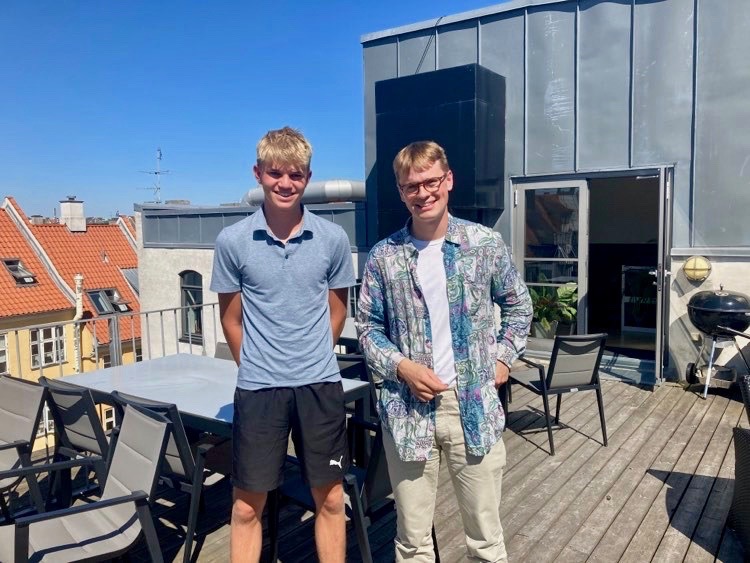
Working at Ubuntu Huset for little over a week, meant that I got the feel for how a small charity functioned and the challenges that come with being an NGO. Smaller charities must find more efficient and creative ways of making a difference due to their limited resources. My main takeaway is that if every NGO can make small scale improvements in their respective fields, then that would go a long way in solving the humanitarian issues that still exist in the world today. Their importance must not be underestimated.
